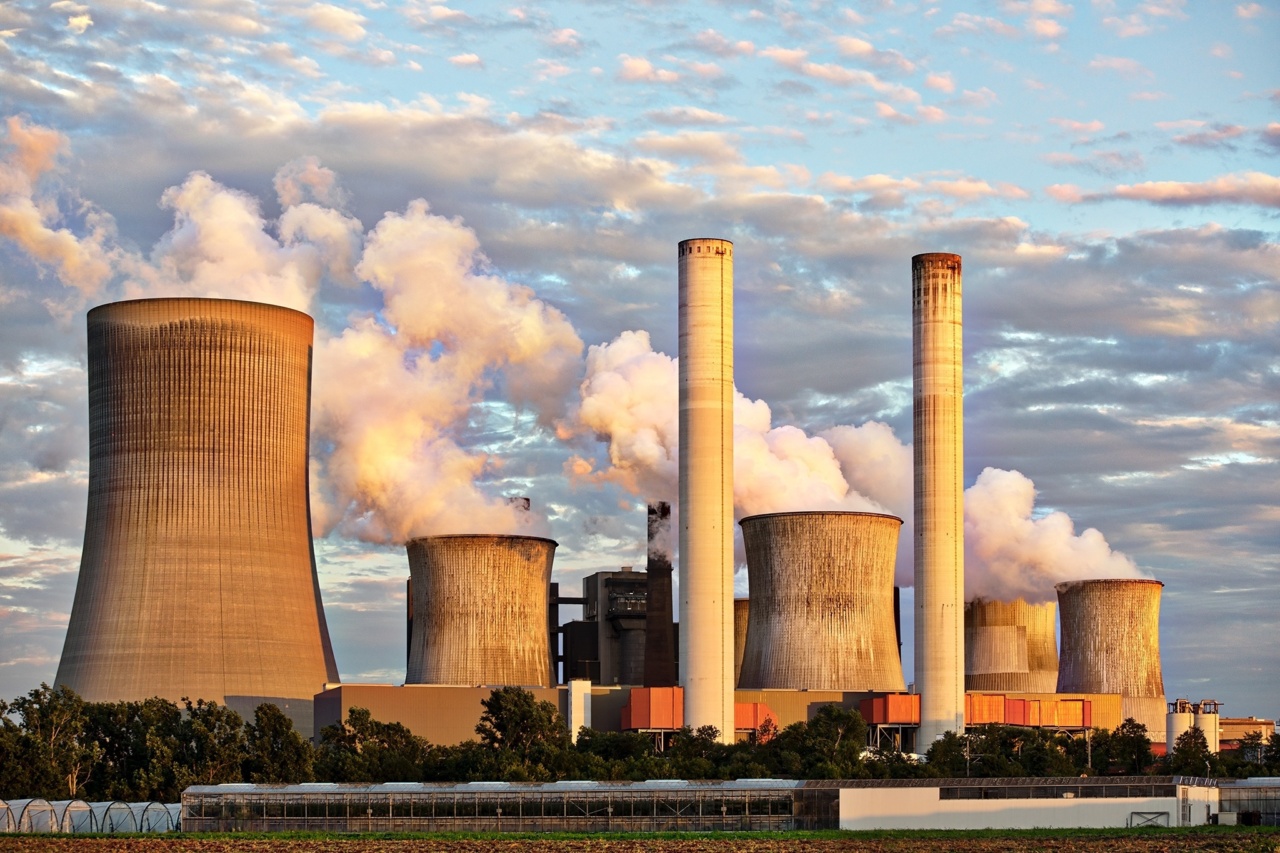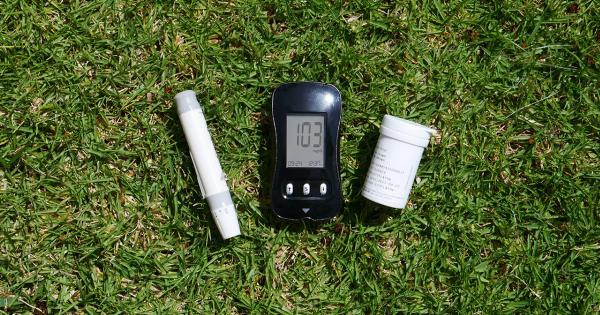Air pollution is a global concern that affects millions of people’s health, with staggering statistics indicating that more than 90% of the world’s population breathes polluted air.
It is well-known that air pollution can lead to respiratory and cardiovascular diseases, but recent studies have shed light on a concerning link between kidney function and air pollution. In this article, we will explore the impact of air pollution on kidney health and discuss the measures individuals can take to protect themselves.
Understanding Kidney Function
The kidneys are vital organs responsible for filtering waste products, excess fluid, and toxins from the blood.
They play a crucial role in maintaining overall health by regulating blood pressure, producing red blood cells, and balancing electrolytes in the body. When the kidneys are compromised or do not function optimally, it can lead to numerous health problems, including chronic kidney disease, kidney stones, and even kidney failure.
How Air Pollution Affects Kidney Function
A growing body of evidence suggests that exposure to air pollution can significantly impact kidney health.
Fine particulate matter (PM2.5), nitrogen dioxide (NO2), sulfur dioxide (SO2), and ozone (O3) are among the key pollutants associated with adverse effects on renal function.
Research studies have revealed a correlation between higher levels of air pollution and an increased risk of developing chronic kidney disease (CKD).
One study conducted in the United States found that individuals living in areas with high levels of PM2.5 had a higher incidence of CKD. The same study also highlighted a connection between elevated levels of NO2 and a decline in kidney function, particularly in older adults.
Mechanisms of Kidney Damage
Air pollution exerts its detrimental effects on kidney function through various mechanisms. Exposure to pollutants triggers an inflammatory response in the body, leading to oxidative stress and the production of reactive oxygen species (ROS).
These reactive molecules can damage the delicate cells and tissues of the kidneys, impairing their ability to function properly.
Furthermore, air pollution has been shown to disrupt the renin-angiotensin-aldosterone system, which plays a crucial role in blood pressure regulation and fluid balance.
By interfering with this system, pollutants can contribute to the development of hypertension and, subsequently, kidney damage.
Population at Risk
While air pollution affects everyone, certain populations are more vulnerable to its detrimental effects on kidney function.
Individuals with pre-existing kidney conditions, such as CKD or kidney stones, are at a higher risk of experiencing worsened symptoms and faster disease progression due to exposure to air pollution.
Moreover, the elderly, children, and pregnant women merit special attention. Aging kidneys may already exhibit reduced function, making them more susceptible to air pollution-related damage.
Children, whose organs are still developing, are also highly vulnerable to the detrimental effects of pollutants on their kidneys. Pregnant women, on the other hand, face an increased risk of developing preeclampsia—a condition characterized by high blood pressure and damage to organs, including the kidneys—if exposed to air pollution.
Protecting Kidney Function in a Polluted Environment
While it may not be possible to completely avoid air pollution, individuals can take measures to protect their kidney health.
1. Stay Informed and Monitor Air Quality
Keep track of air quality reports in your area. Numerous websites, mobile apps, and local authorities provide real-time updates on air pollution levels.
If you notice poor air quality, try to limit your outdoor activities, especially during periods of high pollution.
2. Create a Clean Indoor Environment
Since indoor air pollution can also be harmful, take steps to improve the air quality inside your home. Use air purifiers, avoid smoking indoors, and regularly ventilate your living spaces to reduce exposure to airborne pollutants.
3. Use Protective Masks and Filters
When outdoor air pollution levels are high, consider wearing a protective mask that can filter out fine particulate matter. Additionally, use air filters in your home to maintain cleaner indoor air.
4. Practice Regular Exercise and Stay Hydrated
Engaging in regular exercise can help improve overall kidney function and mitigate the effects of air pollution on your health. Additionally, staying well-hydrated promotes proper kidney function by supporting adequate filtration and waste removal.
5. Contribute to Pollution Reduction Efforts
Advocate for policies that promote cleaner air and reduced pollution. Support initiatives that aim to reduce emissions from vehicles and industries, as well as promoting the use of renewable energy sources.
6. Consult with Healthcare Professionals
If you have pre-existing kidney conditions or are concerned about your kidney health, consult with a healthcare professional who can provide personalized guidance and monitor your kidney function over time.
Conclusion
Air pollution poses a significant threat to kidney health, with various pollutants linked to adverse effects on renal function.
Understanding the connection between air pollution and kidney function is crucial for taking proactive steps to protect ourselves and our loved ones. By staying informed, reducing exposure, and supporting pollution reduction measures, we can work towards creating a healthier environment for our kidneys.































